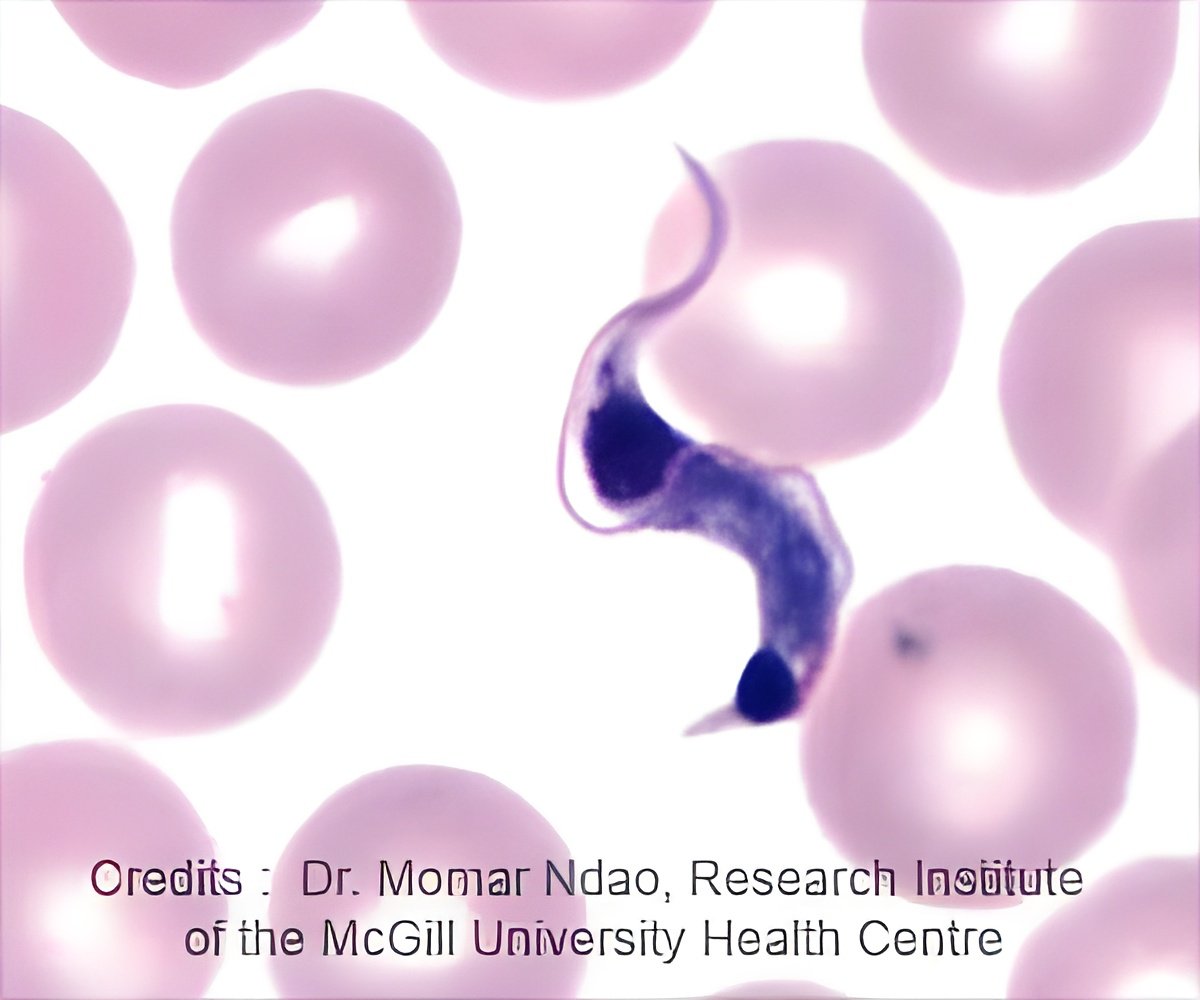
‘Chagas disease is not yet notified as a communicable disease in Canada. Healthcare experts have called for identifying the infected and treating them, especially for the people from Latin America as they have the highest risk of contradicting them.
’
Tweet it Now
The study reports on a family case of transmissions from mother to unborn children, raising questions over prevention and diagnosis of Chagas disease in Canada, where thousands of individuals live with potentially undetected infection. Chagas disease is caused by a parasite called Trypanosoma cruzi, which is mostly found in Latin America and, occasionally, in southern parts of the United States.
It spreads through the bite of triatomine - bloodsucking insects targeting a person's face, referred to as "Kissing bugs." The parasite is transmitted via the bugs' faeces: The insects defecate while feeding, allowing the parasite to move on to its new host.
The disease can spread via transmission from mother to child during pregnancy and from infected blood transfusions or organ transplantation.
"Chagas disease is a real public health problem due to the transmission from mother to child (baby) up to at least three generations," says co-author Dr. Momar Ndao, a scientist from the Infectious Diseases and Immunity in Global Health Program at the Research Institute of the McGill University Health Centre (RI-MUHC), and an associate professor in the Department of Medicine at McGill University. "As Chagas disease is not a notified communicable disease in Canada, there are little data on the number of undiagnosed, untreated cases."
Advertisement
They reported on a case cluster of a family in Winnipeg that reinforces the generational connection between mother and their children. Soon after the mother received a positive diagnosis, three of her four adult children - two sisters and one brother, born in Canada but with family in South America - also tested positive for Chagas disease.
Advertisement
"The overall risk of mother to fetus transmission of Chagas disease is only about 6 per cent but when the mother has a high number of parasites in her blood during pregnancy the risk of transmission has been described as high as 30 per cent," explains Dr. Plourde.
According to the authors, the countries known to pose the highest risk for contracting Chagas includes Argentina, Bolivia, El Salvador, Guatemala, Honduras, Panama, and Paraguay.
"Anyone who lived in or visited those countries for an extended period of time and was bitten by a kissing bug, who received a blood transfusion in Chagas-endemic countries, or who was born to a mother diagnosed with Chagas disease should ask their healthcare providers to be tested for the disease," states Dr. Ndao who has been an infectious disease researcher for more than 20 years. The NRCP laboratory is known for its expertise in the Chagas disease diagnosis.
"Chagas disease affects approximately one in four people who have contracted it at some point in their lifetime," adds Dr. Plourde. "The danger is not immediate upon infection, but it can affect cardiac muscle tissue leading to heart failure in later years if left untreated."
Early detection and treatment can prevent serious long-term effects such as heart failure and improve health outcomes for those at risk. The younger a person is when treated, the more likely it will be successful.
There is currently no licensed vaccine to prevent Chagas disease.
Any clinicians in Canada can request Chagas antibody testing, as the first step screening. The management of the disease requires ongoing evaluation and follow-up with a specialist in Tropical Medicine or Infectious Diseases.
Source-Eurekalert













